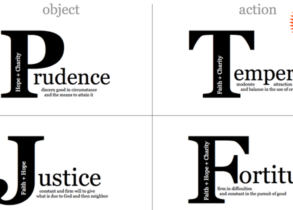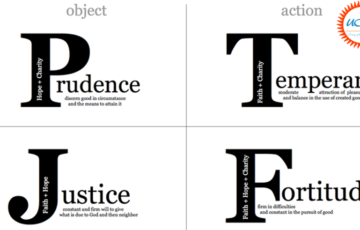A civil servant needs to be objective as well as empathetic. What do you understand by objectivity? Discuss its relationship with empathy.
Objectivity is basing advice and decisions on rigorous analysis of evidence. It involves being open- minded, impartial, guided by merit and not letting preconceived notions or prejudices affect one’s duty or professional conduct. Civil servants require objectivity for:
- providing information and advice, including advice to Ministers, on the basis of the evidence, and accurately present the options and facts;
- decision-making on the merits of the case – ignoring inconvenient facts or relevant considerations would result in lopsided policy formulation and would eventually lead to ineffective implementation.
Empathy is the awareness of the feelings and emotions of other people by placing oneself in their position. It is a key element of Emotional Intelligence, as it represents a social awareness
competency and a person’s ability to connect with others. Access to basic services, social justice, and economic prosperity is unavailable to a large number of marginalized and disadvantaged people. It is therefore imperative to inculcate amongst the civil servants, a strong sense of values like empathy, tolerance and compassion towards the weaker section.
Objectivity and empathy are complementing values as these result in civil servants behaving in a compassionate manner and patiently listening to citizens while taking a balanced view. Also, it
ensures that civil servants are passionate about their service and dispassionate about the profile of the people that they are serving, except in extraordinary situations such as dealing with pregnant women, widows, divyangjan etc. Objectivity without empathy makes a civil servant robotic, whereas, empathy without objectivity leads to non-conformity to rules, biasness and wastage of public resources.
There are instances such as in the public distribution system, where government agencies provide services for the sake of provisioning without keeping in mind the ultimate objective of public welfare. For service to the country, civil servants have to imbibe better understanding of whom to serve – their needs, aspirations and living conditions. While compliance with processes is important to ensure objectivity and fairness, the processes themselves need to be empathetic, particularly towards the vulnerable and weaker sections of the society. Priority should be given to ensure that intended outcomes benefit the society, while duly protecting the interest of poor, underprivileged and weaker sections.
Therefore, civil servants must be objective as well as empathetic to achieve the vision of national integration and inclusive development. Mahatma Gandhi’s advice to anyone who was in doubt, to find out if an action was good or not, was to put oneself in the situation of the poorest of the poor and see how a particular policy and programme will impact him or her. Serving all citizens equally without any bias or prejudice with a special focus on those who have been left out of the developmental process should be the direction, the ‘antyodaya’ approach, leaving no one behind.








